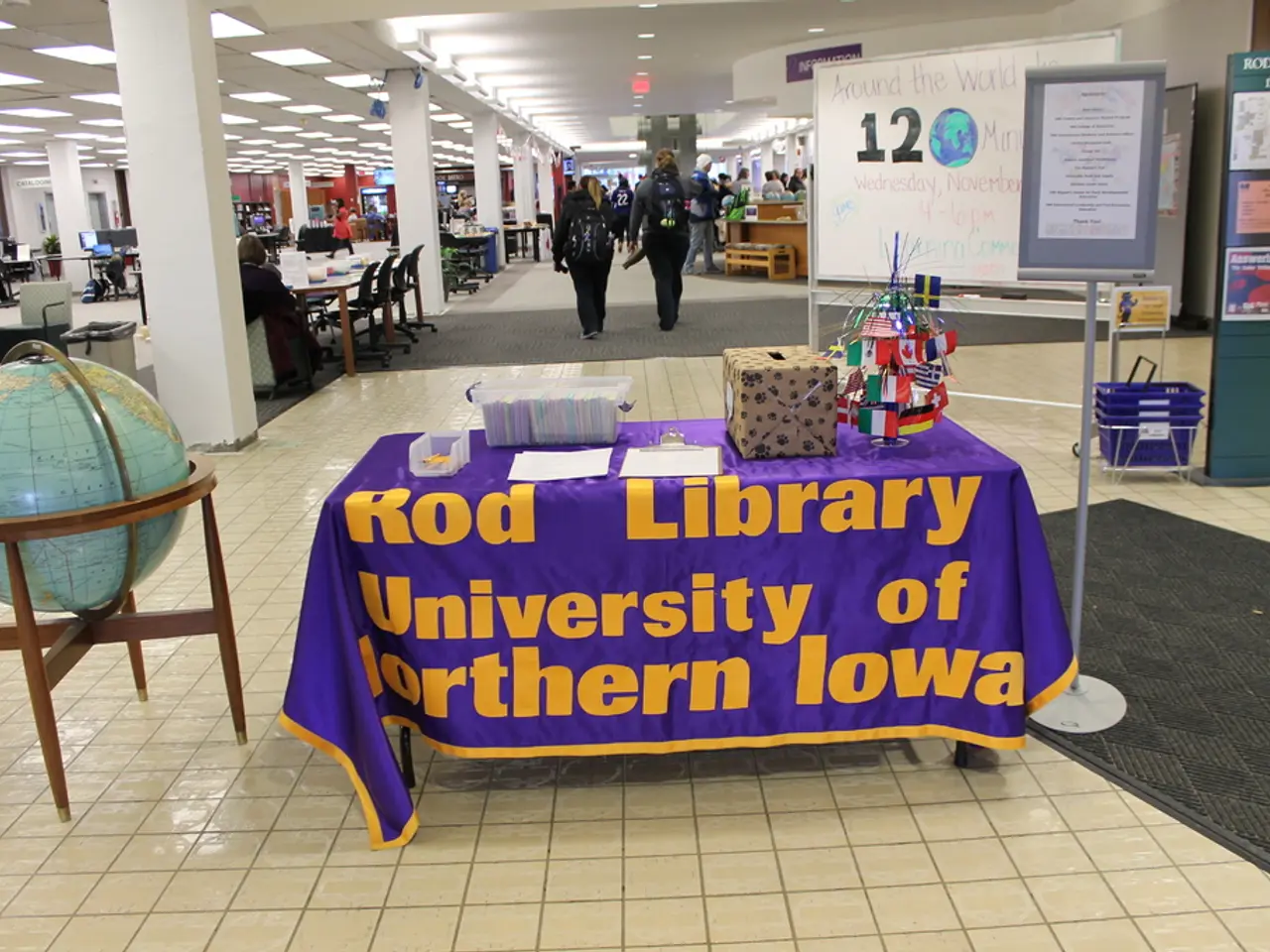Urging peace and nuclear disarmament after eight decades, Nagasaki's quietly underscored appeal for global tranquility
Eighty years ago, on August 9, 1945, Nagasaki was struck by an atomic bomb, marking a tragic climax to World War II. Just days later, Japan surrendered, bringing an end to the conflict. Today, hundreds of people have gathered in Nagasaki to remember the 80th anniversary of the city's atomic bombing.
The bomb, known as "Fat Man," instantly claimed approximately 27,000 lives on that fateful day. The impact was intensified by Nagasaki's landscape, with its mountains focusing the blast's force on the city's industrial heart. By the end of 1945, the bombing of Nagasaki had caused the deaths of around 70,000 people due to radiation sickness.
The dwindling number of survivors serves as a reminder of the urgency for disarmament. Their enduring pain—physical and social—continues to fuel a global call for disarmament. The survivors' stories continue to call for a future free from the devastation of nuclear war.
At the memorial, Mayor Shiro Suzuki called for a return to the ideals of peace enshrined in the United Nations Charter. He described the threat of nuclear weapons as a "crisis for human survival." The ongoing risks posed by nuclear arsenals were highlighted by the presence of dignitaries from 95 countries, including nuclear powers like the United States, Russia, and Israel, at the memorial at Nagasaki Peace Memorial Park.
The survivors' testimonies remain central to humanizing the disarmament debate. Their pleas emphasize the urgent need for abolishing nuclear weapons rather than relying on deterrence strategies. The Treaty on the Prohibition of Nuclear Weapons (TPNW), adopted by the UN in 2017 and ratified by 73 states as of mid-2025, is a central element in the international push toward complete nuclear disarmament, emphasizing the incompatibility of nuclear weapons with human dignity and international law.
The call for renewed arms control agreements continues, particularly the need for a successor to the 2010 New START treaty between the U.S. and Russia. Despite ongoing tensions, including geopolitical conflicts affecting negotiations, key leaders acknowledge the importance of maintaining and advancing arms control. Civil society and Nobel laureates have also voiced concern over the arms race and the risks of nuclear escalation, reinforcing the survivors' message that a security architecture based on fear and nuclear deterrence is unsustainable.
The global nuclear disarmament movement reflects a combination of legal treaties, survivor advocacy, civil society activism, and cautious diplomatic efforts. However, significant hurdles remain due to geopolitical tensions and deterrence policies. The experiences and pleas of Nagasaki survivors are a moral cornerstone that continue to inspire and push for a nuclear-free world.
Mayor Shiro Suzuki warned that delay is no longer acceptable in addressing the threat of nuclear weapons. He demanded urgent, tangible action to rid the world of nuclear weapons. The stories of the survivors remain a powerful testament to the human cost of nuclear war and a solemn plea for a future free from such devastation.
The ongoing memorial in Nagasaki emphasizes the importance of disarmament in light of the devastation caused by the bombing, with political leaders and dignitaries from various nations, including nuclear powers, gathering to honor the victims. The survivors' testimonies serve as a potent reminder of the need to abolish nuclear weapons, highlighting the urgency for legal treaties, diplomatic efforts, and civil society activism towards a nuclear-free world.







